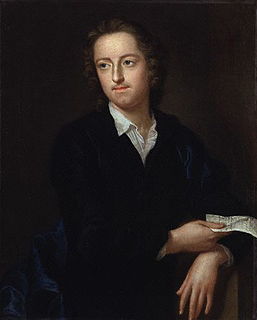A Quote by Charles Caleb Colton
Criticism discloses that which it would fain conceal, but conceals that which it professes to disclose; it is therefore, read by the discerning, not to discover the merits of an author, but the motives of his critic.
Related Quotes
A fine lady; by which term I wish to express the result of that perfect education in taste and manner, down to every gesture, which heaven forbid that I, professing to be a poet, should undervalue. It is beautiful, and therefore I welcome it in the name of the author of all beauty. I value it so highly that I would fain see it extend not merely from Belgravia to the tradesman's villa, but thence, as I believe it one day will, to the laborer's hovel and the needlewoman's garret.
Criticism is above all a gift, an intuition, a matter of tact and flair; it cannot be taught or demonstrated--it is an art. Critical genius means an aptitude for discerning truth under appearances or in disguises which conceal it; for discovering it in spite of the errors of testimony, the frauds of tradition, the dust of time, the loss or alteration of texts. It is the sagacity of the hunter whom nothing deceives for long, and whom no ruse can throw off the trail.
One can say that the author is an ideological product, since we represent him as the opposite of his historically real function. (When a historically given function is represented in a figure that inverts it, one has an ideological production.) The author is therefore the ideological figure by which one marks the manner in which we fear the proliferation of meaning.
A good author, and one who writes carefully, often discovers that the expression of which he has been in search without being able to discover it, and which he has at last found, is that which was the most simple, the most natural, and which seems as if it ought to have presented itself at once, without effort, to the mind.




































